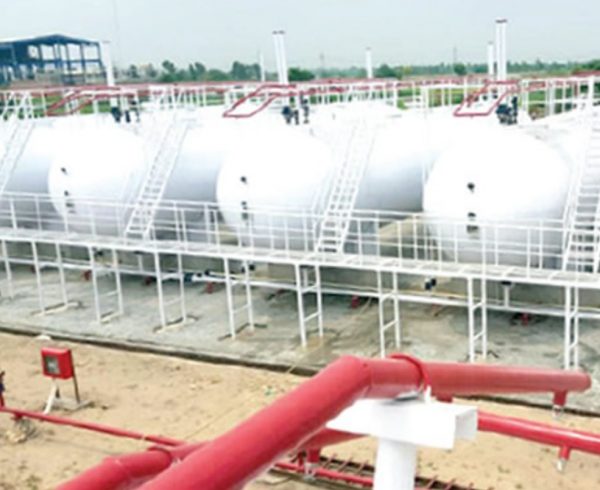Nigerian Firms’ll Survive Oil Price Slump – FG

Although the government said the fall in oil prices would not plunge indigenous firms into bankruptcy, it urged the concerned companies to embrace new technologies and innovation in order to overcome the hard times.
The Minister of Petroleum Resources and Group Managing Director, Nigerian National Petroleum Corporation, Dr. Ibe Kachikwu, stated this in Abuja on Thursday at the closing ceremony of the sixth African Petroleum Congress and Exhibition.
This came just as the government acknowledged the contribution of the Lagos deep offshore logistics as one of the strategic investments in Nigeria currently driving the economy.
Kachickwu said, “I think anybody who wants to survive in this climate today will need to put on the hat of thinking. It is not business as usual, but people are going to survive. The nice thing about adversity is that you get to make huge successes also. Companies that are ready to embrace new technologies, strategies and new ways of doing things are going to survive.
“It is not going to be for too long. Nigeria, for example, has put its strategies around getting the oil companies back to full time work. And we are still looking at alternative funding sources; we are looking at diverging more into our gas products to complement our oil production. New ideas on how to survive and how to multiply the sort of income that is available to you are key to survive. I think Nigerian companies are very resilient, they will survive.”
The minister told the gathering that oil-producing countries as well as oil and gas companies had come to the sudden realisation of not only the need to cut costs, but also ensure the efficient management of proceeds from crude oil production and sale.
Kachikwu said, “There is a sudden realisation that not only do we need to come together to cut our costs to see how to survive in this unhealthy petroleum climate, but also that countries will need to do a whole lot more in terms of how they utilise the proceeds of production going forward.”
Meanwhile the Minister of State for Petroleum Resources, Dr. Ibe Kachikwu has also stated that Nigeria will begin to export refined petrol and other petrochemical products within the next four years if plans to ramp up the country’s domestic refining capacity work out well.
Kachikwu stated this recently in Abuja when he briefed journalists on his plans for the country’s petroleum sector.
He noted that if the plans to co-locate new refinery investments within the country’s existing refinery complexes in Kaduna, Warri and Port Harcourt become successful, and the private refinery owned by the Dangote Group comes on stream, Nigeria will produce more petrol than she needs and then export the excess.
He explained that it would take at least three years to get the co-located refineries to begin production, adding that Dangote’s is expected to come on stream between 2019 and 2020.
“The policy on the whole is that we must target a time frame of 12 and 18 months to get out of importation. It is not good for the country, it is not a good image, it does not create jobs and we lose tax when it comes to the government and creates a huge amount of quite frankly, emotional backlash when people have to queue looking for fuel,” said Kachikwu.
The minister also talked about improving the incentives for private investments to come in and help upgrade the country’s gas production and supply infrastructure. He noted in this regards that works on new terms for gas businesses was already going on in the ministry. That, he stated would be discussed further with the oil majors to get their inputs.
“We have advertised recently for co-located refineries and asking people to come and co-locate new refineries into our refineries’ premises so that they can share pipelines, tankages and we are working hard to see that we can complete whatever refinery upgrade we are trying to do within the next 12 to 18 months and obviously for the co-located refineries which are the new ones, targeting to see that we are able to finish within two to three years,” he said.







